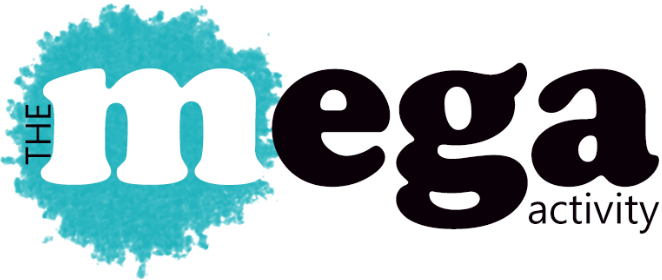Drug and alcohol abuse can have severe adverse effects on your life. It includes altered brain chemistry, health complications, infections, legal issues, financial problems, and accidental injuries.
It’s essential to understand the full effects of these substances and not let them deceive you.
However, avoiding harmful substances and focusing on personal growth is better.
What is Alcohol poisoning?
Downing too much alcohol can have several adverse effects. It includes lowering body temperature, heart rate, and breathing slowing down, confusion, vomiting, seizures, and unconsciousness.
Additionally, alcohol poisoning can weaken your gag reflex. It makes it more likely that if you pass out, you will choke on your vomit. This emphasizes the importance of seeking assistance and undergoing alcohol addiction rehab to address these hazardous moments.
Alcohol poisoning may be present in a person who has had a binge drink if they are unconscious or semiconscious,
To prevent choking, turn the vomiting person onto their side.
Make a 111 call and wait for medical assistance to come.
It Alters Brain Chemistry
The human brain, despite being small, controls thoughts and physiological processes. Drugs and alcohol alter the brain’s chemicals, causing euphoria and craving for the drug.
Over time, the mind becomes accustomed to the extra dopamine. It affects personality, memory, and bodily processes, making functioning difficult.
It enhances the chance of Infections
You may forget to conduct safe sexual behavior when under the influence of drugs or alcohol. Your risk of catching an STD rises when you engage in unprotected sexual activity.
HIV, hepatitis B, and hepatitis C can spread via sharing needles used to inject certain medications. Sharing pipes and bongs can also spread the flu, mono, and ordinary colds.
It Creates Financial Problems
Alcohol and drugs can be costly when you use them frequently and in large quantities. Abuse of substances also affects one’s ability to succeed academically and professionally. It would be preferable to use that time to learn new skills that will help you develop in your work rather than looking for, using, and recovering from drugs.
Your expenses will also rise due to the legal problems associated with drug usage. You might have to pay more for your health and auto insurance.
It Changes lethal behaviour
Since 2004, road safety advertising in New Zealand has aimed to encourage drivers to improve their driving behaviour. It focuses on facts, figures, and physics. The campaign highlights the link between drunk driving and road crashes.
It aims to change attitudes and reduce road trauma. Police enforce traffic law using compulsory breath-testing, passive alcohol-testing devices, and vigorous enforcement of alcohol laws. Legal drink-drive limits for drivers under 20 are zero BAC and 50mg per 100ml of blood.
Common myths about alcoholism
Myths and Facts on Alcoholism
Myth 1: Alcoholism is a personal problem, not a problem for others.
Myth 2: Alcoholism is not solely personal; it affects everyone around you.
Myth 3: Being an alcoholic doesn’t mean being homeless or struggling with work.
Myth 4: Alcoholism is not a “real” addiction; it’s just as harmful as drug abuse.




